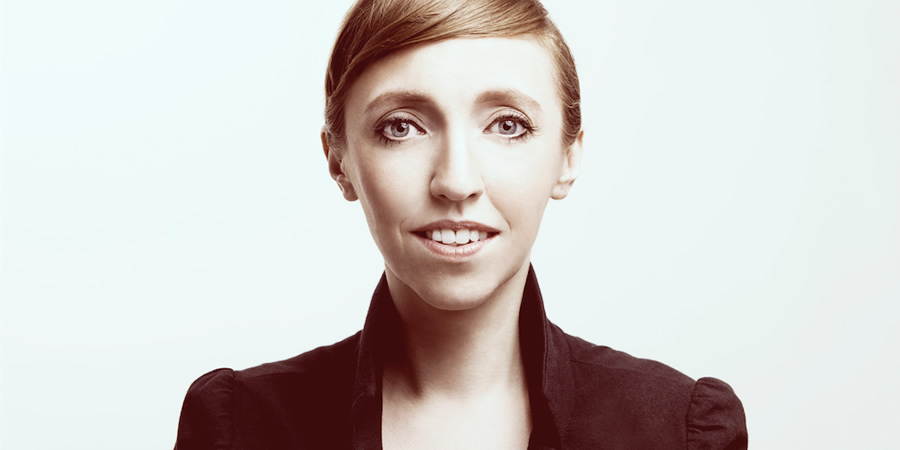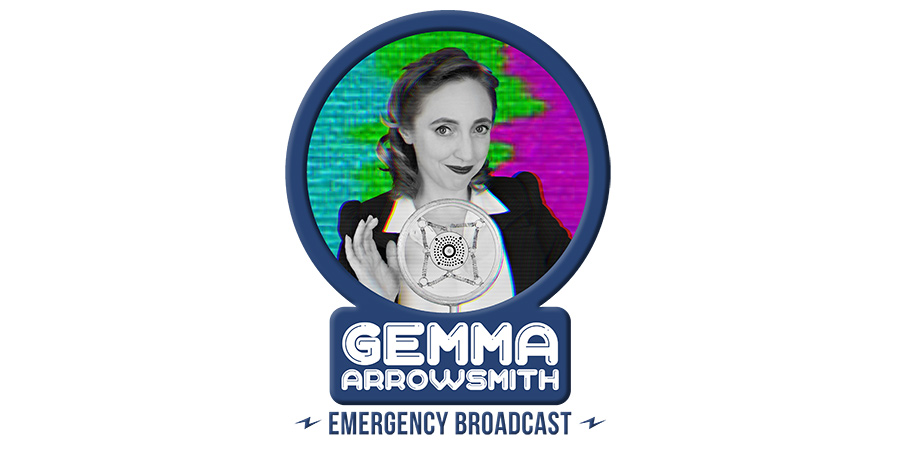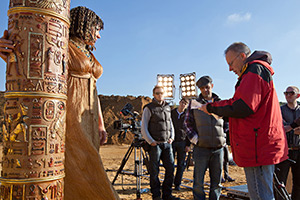Gemma Arrowsmith: Everything I know about writing, I learned from sketch comedy

To link in with her Radio 4 sketch show, we asked Gemma Arrowsmith to explain why every comedy writer should hone their sketch writing skills.
Most writers are aware of the tricks you can employ to reduce your page count so it fits a competition or producer's brief. There are loads of sneaky things you can try, depending on how naughty and rule-bending you're prepared to be. If you're submitting your script to a European production company, have you made sure your screenwriting software is set to 'A4' rather than 'US Letter'? (US Letter is slightly shorter and wider than A4, so if you make the change, you'll see your page count drop by a few whole pages straight away.) Then you can cut the 'widows' from your script. These are the extra one or two words at the end of a line of dialogue which hang down onto the next line. If you pull the right margin slightly further right, they'll ping up on to the previous line. Do this enough times and you can cut pages. Then you can take out some or all of the transitions ('CUT TO' 'CROSS FADE TO' etc.) That should remove a page or two.
What I'm getting at is that writers are generally very wordy people whose scripts are too long. And we will often go to extraordinary lengths to avoid cutting one word of our actual dialogue. But I think some of the best writing is actually the most economical. I recently rewatched all of The Twilight Zone in which Rod Serling managed to conjure huge science fiction epics in just 24 minute episodes. So do you really need three and a half hours to tell your story? Who scrolls through Netflix and thinks 'brilliant, this movie is over three hours long?'
I love economical, lean storytelling. And nothing teaches you economy in writing like sketch comedy. In fact, as I tackled a 30 min script I'd been commissioned to write during lockdown, I realised that pretty much everything I know about writing, I learned from writing sketch comedy. From my first ever sketches for Newsrevue and Newsjack through to writing on Tracey Ullman's Show, Spitting Image and my own radio show Gemma Arrowsmith: Emergency Broadcast, the lessons I learnt in this quick-fire field have served me well in longer, narrative formats.

Let's look at a few of those lessons.
- Tight writing. Sketches can of course be anything from a few seconds long to 10 minutes (as in the case of some SNL cold opens), but most tend to fall around the 2-3 minute mark. So you have 2-3 minutes to tell your story. You'd better make sure that every single line is really pulling its weight. The first few lines need to do some seriously heavy lifting; establishing who the characters are, their relationship to one another, where the scene is taking place and what's going on. You are building the foundations of your story here.
- Next, are there any lines which aren't really setting anything up or paying anything off? Could those be cut? Is every line earning its place in the script? Be brutal when you are editing, keep only the best material. If you have three punchlines to choose from, choose your best one (and don't, as I did at the Edinburgh Fringe one year, just to do all of them one after another. I quickly realised it doesn't make the sketch better, just more confusing.)
- Does your story have a satisfying beginning, middle and end? (Or, in the case of a short sketch, a clear set up, escalation and pay off?) You can play with the format at times, of course, but this is a useful structure to fall back on.
Every one of these sketch writing lessons (and many more) I've taken on into the longer, more narrative pieces I've written. Short sketches lead to longer narrative forms like night follows day, it seems. So it's not surprising to me that some of our most successful sitcom writers started their careers in sketch comedy. Even movie directors Jordan Peele and Edgar Wright started in sketch comedy (Wright directed Alexei Sayle's Merry Go Round and the brilliant Is It Bill Bailey? before Spaced in 1999.)
Sketch comedy is the breeding ground for so many wonderful performers, writers, directors and technical crew. It's where you cut your teeth and learn lessons you take with you into the rest of your career. So I will always be the one moaning that there aren't enough sketch shows.
That said, I do have a little sketch show special on BBC Radio 4 soon. It's called Gemma Arrowsmith: Emergency Broadcast and I'd love for you to give it a listen on Sunday 7th February at 19:15.
And with lean, economic writing in mind, I'll sign off this article at under 800 words.
Gemma Arrowsmith: Emergency Broadcast is on BBC Sounds
This article is provided for free as part of BCG Pro.
Subscribe now for exclusive features, insight, learning materials, opportunities and other tools for the British comedy industry.



